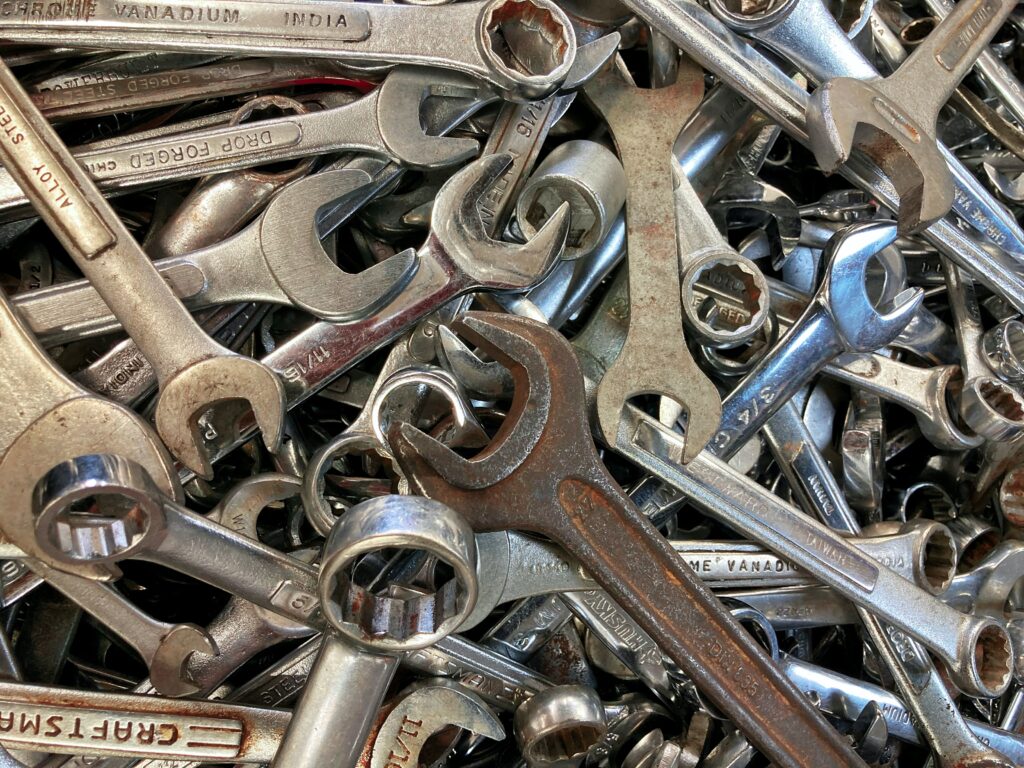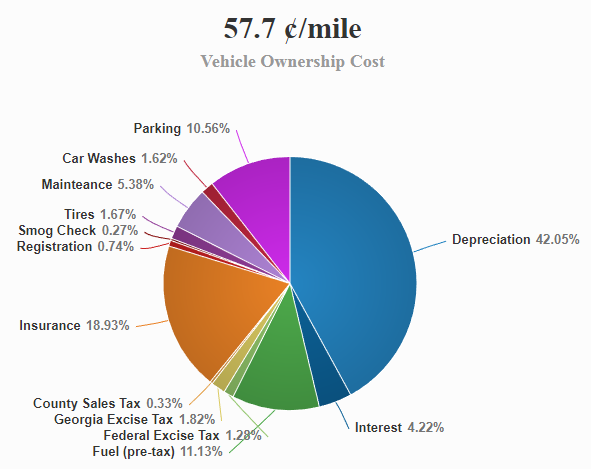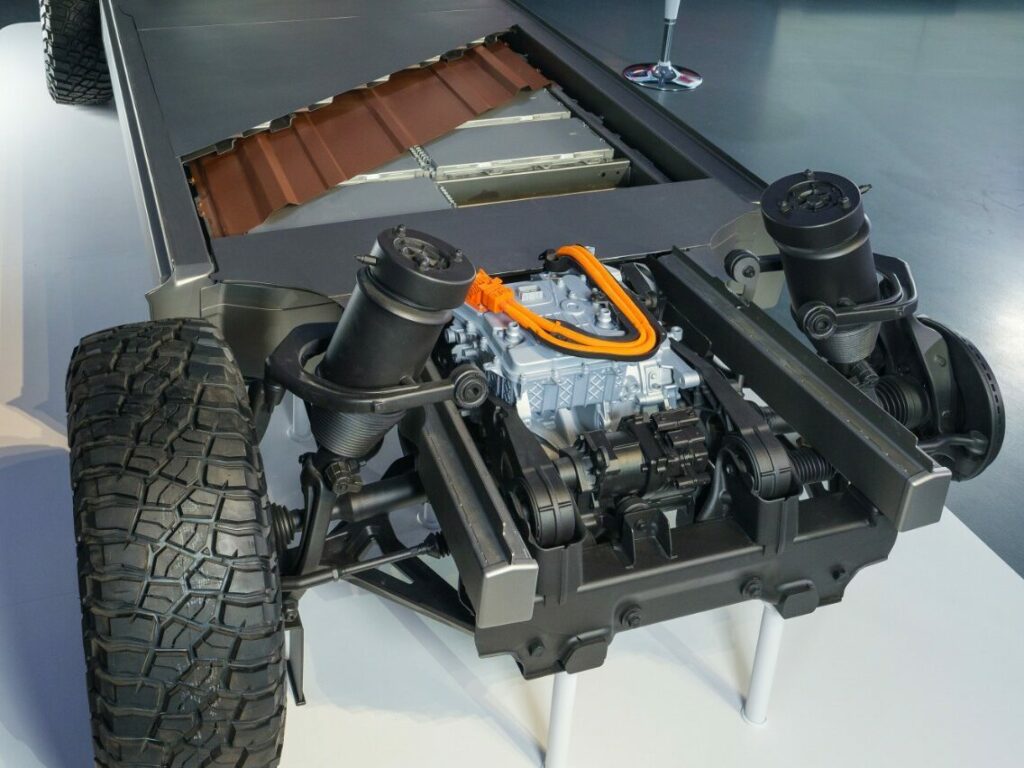
A U.S. lawmaker introduced a new ‘right to repair’ bill on Thursday. The legislation proposed by Illinois Representative Bobby Rush (D) takes aim at the auto industry eight years after Massachusetts enacted its own legislation that sent shockwaves through the industry. Rep. Rush announced the bill with comments highlighting the struggle over who has access to data as autos inch closer to becoming driving computers.
“Americans should not be forced to bring their cars to more costly and inconvenient dealerships for repairs when independent auto repair shops are often cheaper and far more accessible. As cars become more advanced, manufacturers are getting sole access to important vehicle data while independent repair shops are increasingly locked out.”
The new administration has already brought this issue back into the spotlight. In 2021, President Biden issued an executive order directing the Federal Trade Commission to take action on right to repair. The current administration is looking for ways to reach across the aisle. Representative Rush’s new bill might become a rare glimpse of bipartisanship. A spokeswoman for Rep. Rush told Automotive News that Republican support for the bill is expected soon.
How Does the New Right to Repair Bill Impact Consumers?

It’s important to remember that this proposed legislation is just now entering the revolving circus that is government in 2022. It remains to be seen if the 2022 ‘right to repair’ bill will ever end up on President Biden’s desk. If it does get enacted into federal law, how does the consumer stand to benefit?
In the vast majority of markets and scenarios, dealer service centers will charge more than independent repair shops for automotive maintenance. Often, dealership service managers make money off of the services they recommend to you. That’s simply the work-for-commission model.
Get the most when you sell your car.
Compare and choose multiple offers in minutes:
While dealership service centers have their benefits, the savings of going elsewhere are hard to overlook. If cars become so complex that repair shops can’t keep up with the tech, consumers will have no choice but to go to the dealership. That’s probably what most dealers want to happen, and it could become reality sooner than later. That’s the motivation behind the perennial ‘right to repair’ movement. Ultimately, consumers will save on repairs if pricing competition continues to exist between dealers and small repair shops, as it has for decades.
Dealers Are Upset

Automaker and dealership alliances thought they were done with the ‘right to repair’ stuff. Back in 2014, associations representing both automakers and independent repair shops agreed to a ‘memorandum of understanding’. This MOU that was seen as a compromise that could settle their differences. The MOU was inspired by a 2013 Massachusetts ‘right to repair’ law. No other state has passed its own ‘right to repair’ bill since then, which was seen as a success of this landmark agreement. The 2014 MOU gave shops in all states the same access to diagnostic and repair information.
Still, the automaker lobby group Alliance for Automotive Innovation touted the success of the 2014 agreement following the announcement of the new legislation. Robert O’Koniewski, Executive Vice President of the Massachusetts State Automobile Dealers Association, didn’t mince words with the perspectives he shared with Automotive News.
“If this has been such a problem nationwide under the 2014 MOU between the vehicle manufacturers and the independent repair community, why has not one other state passed a RTR law to protect repairers and car owners in their own states?”
Independent Repair Shops Benefit
Representative Rush’s new legislation and Biden’s executive order would give independent repair shops the upper hand. At a time when cars are getting more loaded with tech every model year, repair shops are struggling to adapt. It costs money to acquire the necessary equipment to run high-level diagnostics and make repairs to electronics in newer models.
Associations representing key players in the automotive aftermarket and repair industries have come out in support of the latest legislation. Both the Auto Care Association and the Automotive Aftermarket Suppliers Association have publicly shared their support.
Right to Repair for EVs?

Does your local repair shop service electric vehicles? As of 2022, chances are they don’t. Opinions vary, but the general consensus is that 40% of American auto sales will be fully electric in 2030. Will consumers be cornered into returning to the dealer service center for EV maintenance and repairs? Or will the latest push for ‘right to repair’ laws extend to the coming onslaught of electric vehicles? Behind the scenes, repair shops and dealers are in a tug of war over the future of maintenance.
Current data shows that electric vehicle maintenance costs are less than their gas equivalents. Still, millions of EVs will eventually need some work done. At CarEdge, we hope that lawmakers and industry leaders prioritize the consumer as the pace of change accelerates through this decade. We’ll update this page as the new ‘right to repair’ legislation crawls through congress.













0 Comments